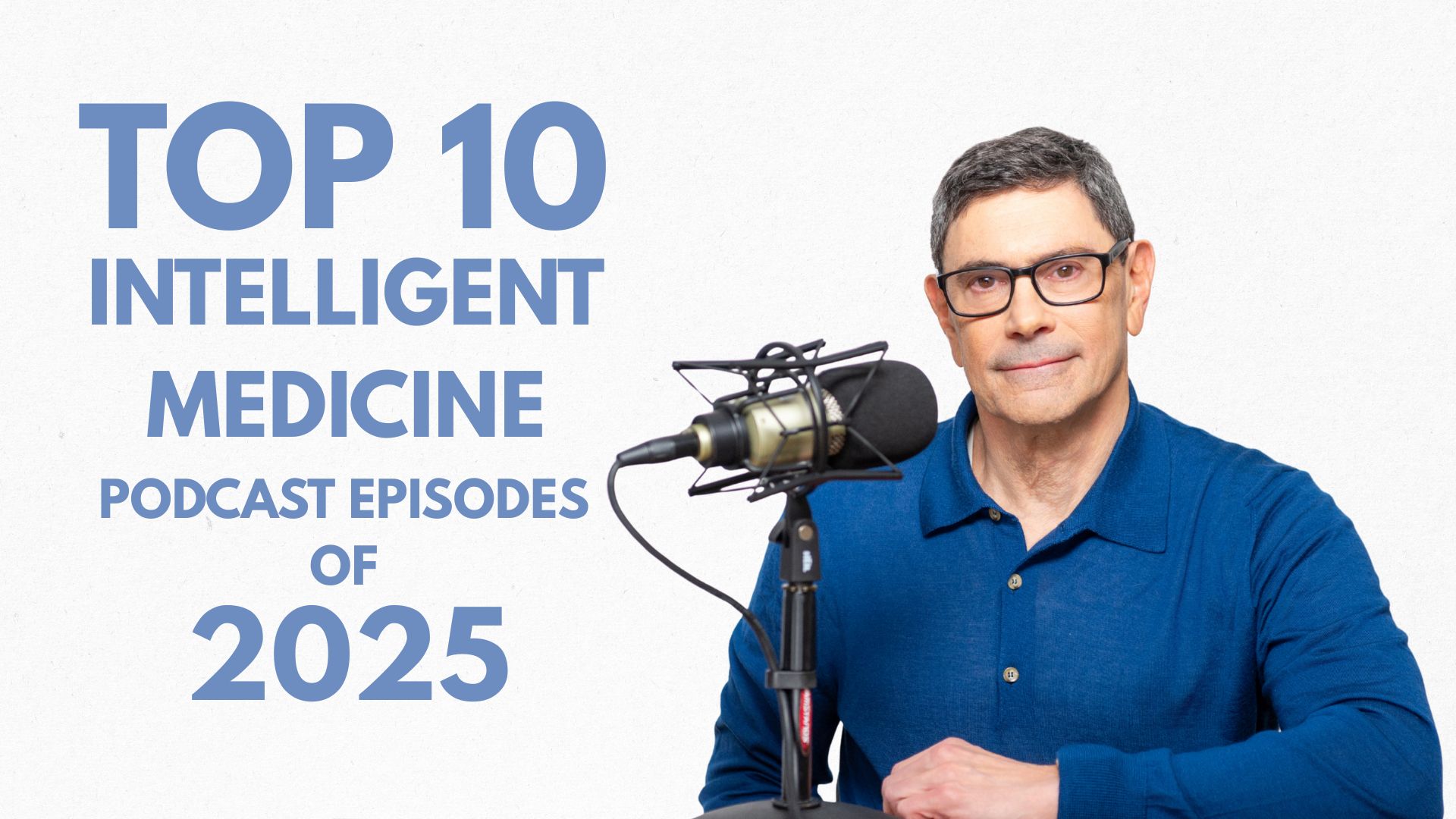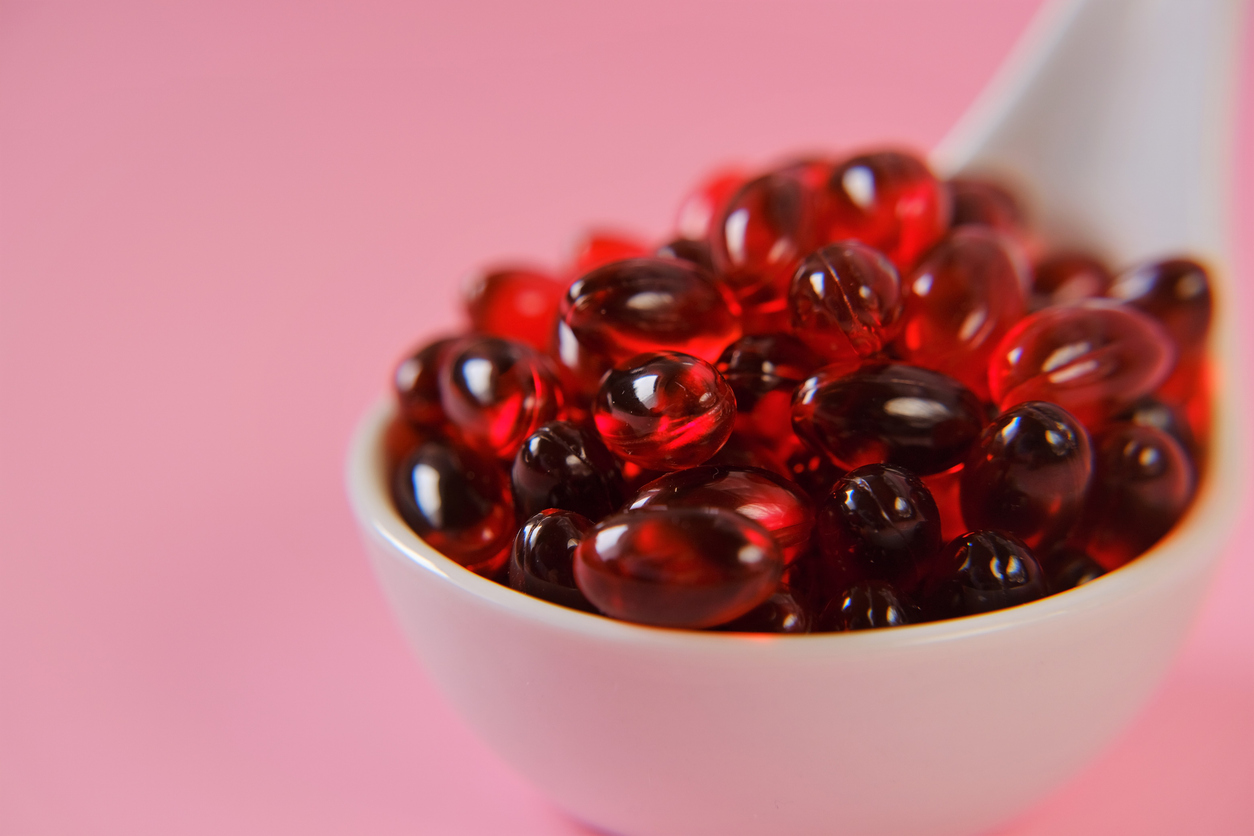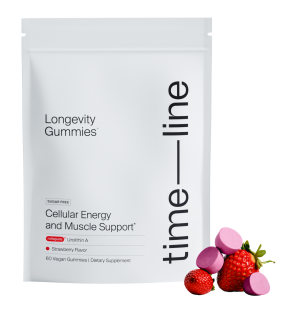For nearly 80 years it’s been unchallenged scientific dogma that heartburn (more recently dubbed GERD, or gastro-esophageal reflux disease) is a matter of unchecked acid secretion. Tens of millions of Americans have chewed calcium pills, quaffed 1st generation acid blockers (Zantac, Pepcid), and now are reliant on even more powerful proton-pump inhibitors (PPIs) like Prilosec, Prevacid, Nexium, Aciphex and Protonix.
But according to a revolutionary new study, we may have been barking up the wrong tree: GERD is caused by inflammation, not hyperacidity. Researchers at the University of Texas Southwestern Medical Center and Dallas VA Medical Center have proven that GERD is actually an inflammatory response prompted by the secretion of proteins called cytokines.
Researchers “burned” the intestinal linings of mice with acid equivalent to the pH of refluxed stomach juice. They discovered that the resulting damage was not consistent with the typical pathology of GERD. Rather, the acid triggered a slow-developing inflammatory cascade that took weeks to resemble the usual findings of GERD.
This doesn’t mean that acid-suppression is without value in treating GERD. But it does suggest that targeting inflammation would be a better way of treating and preventing it, especially since long-term PPI use has so many side effects. Additionally, I’ve discovered that many of the GERD patients I see get only incomplete or partial relief from their antacid drugs. Why should this matter to the estimated 20% of Americans suffering from upper GI pain? While acid-blockers offer temporary relief, they don’t get to the bottom of the problem. And that’s why millions of Americans remain reliant on them, sometimes for their entire lifetimes.
When acid-blocking medication is used for more than a few weeks, there’s high risk of rebound—the tendency for pain to recur when the internal spigots for acid production are turned back on. From the standpoint of the pharmaceutical industry, this makes PPIs an ideal drug category: When you stop using them, the pain often recurs, making you think you still need to take them even when the discomfort you’re experiencing is not due to unhealed esophageal erosion, but rather, rebound hyperacidity. You’re hooked, often for a lifetime. Many doctors are OK with that, and prescribe an endless supply of medication.
We now know that side effects abound with PPIs:
1) Nutritional Deficiencies: Critical deficiencies of magnesium, B12, vitamin D, calcium, zinc, iron and other nutrients can occur
2) Osteoporosis: As a consequence of malabsorption, the incidence of osteoporosis is greater in those taking PPIs long-term. Rookie doctor mistake—giving an osteoporosis drug like Fosamax (which can erode the esophageal lining!) to a patient who is losing bone density due to chronic reliance on PPIs!
3) Heart attacks: Regular PPI users were recently found to be 16 to 21 percent more likely to suffer a heart attack than comparable GERD sufferers who didn’t use the drugs.
4) Dementia: Users of PPIs were found to have a 44 percent higher risk of dementia. This accords with mouse evidence that shows that PPIs increase the deposition of amyloid plaque in the brain.
5) Greater susceptibility to GI infections and C. dificile colitis:Because cutting out stomach acid deprives the body of a prime defense against bad bugs that we eat, there may be a greater susceptibility to food poisoning, cruise-ship infections like Norovirus, or “Montezuma’s Revenge” caused by E.coli. While most of these GI infections get better on their own, C.dificile is a tenacious bug that can sometimes cause life-threatening chronic bloody diarrhea.
6) IBS: While PPIs may offer a quick-fix for upper GI complaints, many users soon discover that they are more prone to lower GI symptoms like bloating, flatulence, cramps, diarrhea and/or constipation—typical manifestations of Irritable Bowel Syndrome. This is because tampering with stomach acidity invariably alters the microbiome—the complex ecology of the gut.
7) Pneumonia: Studies confirm that certain persons—particularly the elderly—are at higher risk for pneumonia when taking PPIs. This may be because eliminating acid in the stomach allows harmful bacteria to proliferate there, which can then be aspirated into the lungs in people with faulty swallowing mechanisms
8) Other: Nausea, rash and headache are also common complaints in those taking acid-blockers
So, given this new insight into the true, inflammatory basis of GERD, and the numerous side effects associated with long-term acid suppression, it behooves us to seek other safer and more effective strategies to combat upper GI problems. I’ll share some of them with you in next week’s newsletter.







